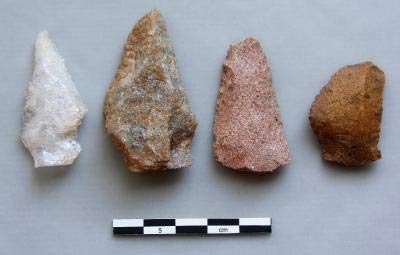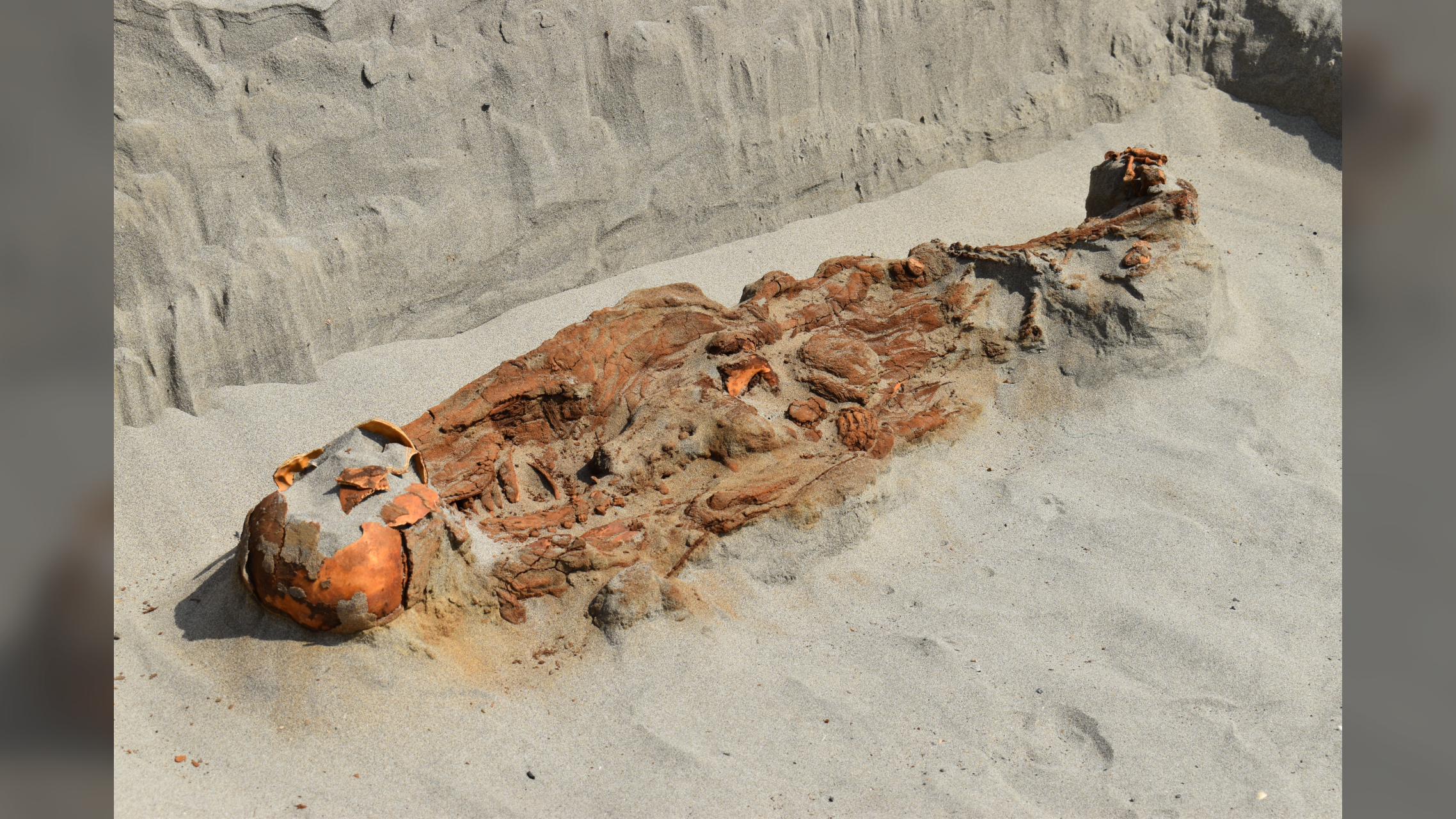How Shaka Zulu Changed the World

Each Monday, this column turns a page in history to explore the discoveries, events and people that continue to affect the history being made today.
He was both a brutal warrior and a symbol of African unity, inviting comparisons to the bloodthirsty but brilliant military leaders of ancient Sparta.
Shaka Zulu may be a polarizing figure, but he's one who forever left a mark on the history of the region.
The famed 19th-century leader of South Africa's Zulus brought tribal factions together for the first time, creating both a state and a powerful sense of identity for the region's largest group — a common culture that remains today. His militaristic actions also caused a rippling effect throughout Africa, forever disturbing the balance of power.
Warriors trained and regrouped for conquest
Southern Africa was inhabited by a number of groups in the late 18th century, from the native Xhosa and Zulu to the Boers and the British, who'd recently acquired the Cape area for their crown. Each group had its own interests, which resulted in many battles over territory and resources.
The Zulu people — who numbered in the tens of thousands — were concentrated in the southeastern portion of what would become the country of South Africa. They shared a culture, but remained a disorganized cluster of clans without a common leader until a vicious warrior united them.
Get the world’s most fascinating discoveries delivered straight to your inbox.
In 1816, Shaka Zulu took power of his Zulus after distinguishing himself in battle, both physically and strategically, and began a campaign of conquest to unite all of the clans in the region under his rule.
Shaka began with a systematic reorganization of Zulu warriors, implementing a rigid training program, new blade weaponry that replaced the traditional spear, new attack formations and a strict code of obedience. Zulu society — much like Sparta — was entirely restructured to support the army.
In just a couple of years, his army had brutally executed, displaced or assimilated a vast territory with more than 200,000 inhabitants who became his subjects. Despite its violent methodology, his clan had formed one united nation — the biggest and most powerful in southern Africa.
Shaka's campaigns part of a larger chaos
An increasingly cruel and paranoid Shaka Zulu was assassinated in 1828, but that didn't mark the end of his effects on the history of southern Africa.
Besides creating a political entity in the Zulu Kingdom, Shaka's military campaigns caused the massive displacement of people, a crisis that became part of a decades-long period of turmoil historians call the Mfecane (or the "scattering").
From the 1820s to the 1840s, those who weren’t killed or assimilated by the encroaching Zulu warriors fled, leading to a refugee crisis and reshuffling of South Africa's traditional settlements. Many groups banded together for security, forming new communities. The tiny nations of Lesotho and Swaziland, both almost wholly enveloped by South Africa, were birthed by tribes escaping the chaos.
Existing famines also worsened during the Mfecane, leading to the origin of a few cheap jokes about European missionaries being cooked up in big, bubbling pots.
Cannibalism either didn't happen or occurred very infrequently during this time, historians say, but all the hostility present during the Mfecane caused rumors to spread like wildfire and be reported as fact by Europeans.

